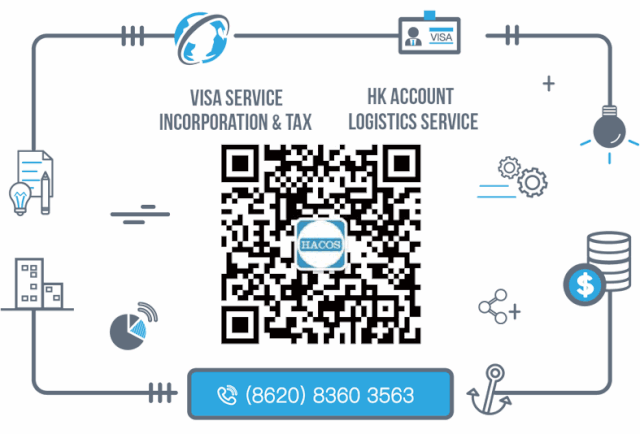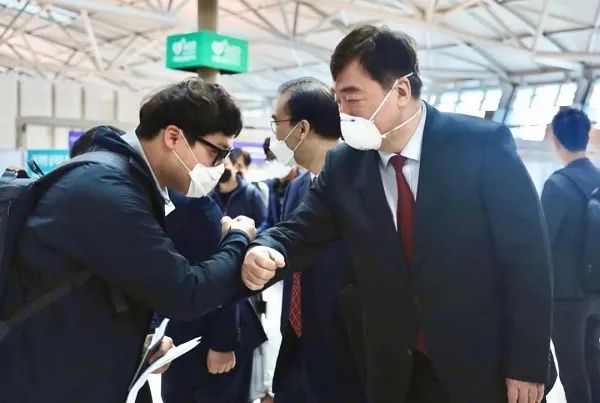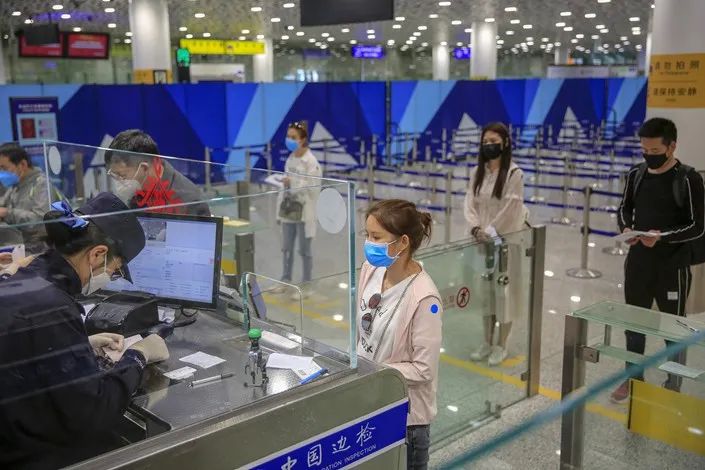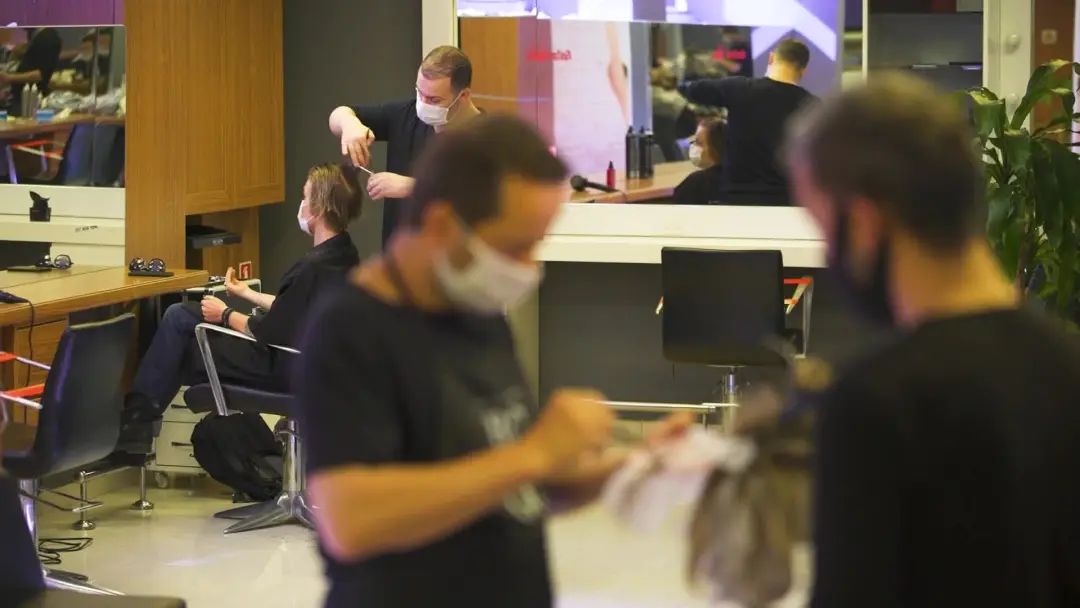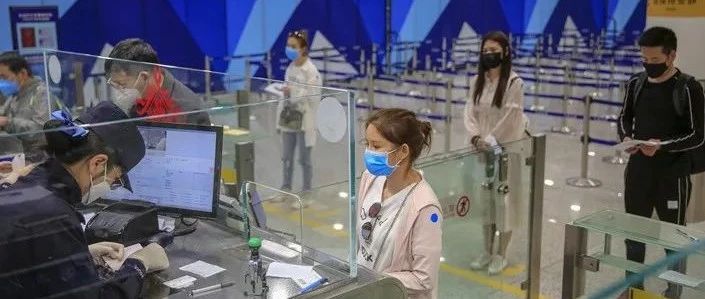Chinese government departments are working with some countries and regions to set up “express access” channels for the entry of personnel of foreign-invested enterprises amid the virus outbreak. In other words, we can see more foreign individuals come to China soon!
Earlier this month, China and South Korea agreed to ease border controls, with cities like Shanghai, Tianjin, and Chongqing accepting business travelers from South Korea who first pass a mandatory health screening, including a PCR test. Check our previous article to learn more 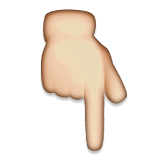 △ Chinese Ambassador Xing Haiming saw off the first batch of Korean nationals
Here comes good news. Now we heard that the government has approached more countries and regions.
According to China’s Ministry of Commerce (MOFCOM), Chinese government departments are working with some countries and regions to set up “express access” channels for the entry of personnel of foreign-invested enterprises amid the virus outbreak.
Global companies operating in China could report any difficulties to the ministry or local commerce authorities if their foreign employees find it hard to enter the country.
According to the Global Times, the Chinese government has discussed with the German chamber of commerce and also with the German Embassy a fast track procedure to get employees of German companies back to China.
“We are planning the first possible charter flight on May 25 with around 200 people. It’s going to start from Frankfurt and go to Shanghai Pudong,” said Jens Hildebrandt, Executive Director of the German Chamber of Commerce in China.
These people are urgently needed by their companies in China. They include specialists and machine maintenance technicians, as well as employees’ families – many families have already been separated for three months, he said.
“All passengers should take COVID-19 tests in Germany before they board…we will also take security measures on the flight. The Chinese side has proposed that there should be a 48-hour quarantine after arrival in China,” he said, adding that everyone must take nucleic acid and antibody tests during their quarantine period after arriving in Shanghai.
Hildebrandt noted that “that’s a very good example of how orderly a fast track procedure can work … not only for Germany, maybe also for others.”
“If the whole procedure can go through in a smooth way, this process could serve as a blueprint for further charter flights,” he said, noting that “I think the Chinese side is very supportive.”
In addition, China has reportedly approached Japan about reviving business travel between the two countries.
Now Chinese government officials have reached out to their counterparts in Japan, suggesting China will ease its travel ban on the country if the number of new cases in Japan declines.
△ Chinese Ambassador Xing Haiming saw off the first batch of Korean nationals
Here comes good news. Now we heard that the government has approached more countries and regions.
According to China’s Ministry of Commerce (MOFCOM), Chinese government departments are working with some countries and regions to set up “express access” channels for the entry of personnel of foreign-invested enterprises amid the virus outbreak.
Global companies operating in China could report any difficulties to the ministry or local commerce authorities if their foreign employees find it hard to enter the country.
According to the Global Times, the Chinese government has discussed with the German chamber of commerce and also with the German Embassy a fast track procedure to get employees of German companies back to China.
“We are planning the first possible charter flight on May 25 with around 200 people. It’s going to start from Frankfurt and go to Shanghai Pudong,” said Jens Hildebrandt, Executive Director of the German Chamber of Commerce in China.
These people are urgently needed by their companies in China. They include specialists and machine maintenance technicians, as well as employees’ families – many families have already been separated for three months, he said.
“All passengers should take COVID-19 tests in Germany before they board…we will also take security measures on the flight. The Chinese side has proposed that there should be a 48-hour quarantine after arrival in China,” he said, adding that everyone must take nucleic acid and antibody tests during their quarantine period after arriving in Shanghai.
Hildebrandt noted that “that’s a very good example of how orderly a fast track procedure can work … not only for Germany, maybe also for others.”
“If the whole procedure can go through in a smooth way, this process could serve as a blueprint for further charter flights,” he said, noting that “I think the Chinese side is very supportive.”
In addition, China has reportedly approached Japan about reviving business travel between the two countries.
Now Chinese government officials have reached out to their counterparts in Japan, suggesting China will ease its travel ban on the country if the number of new cases in Japan declines.
China appears to be encouraging Japan to agree to the same procedures that South Korea has approved for its business travelers. Without such an agreement, Japanese businesspeople must be quarantined for 14 days once they arrive in China.

Meanwhile, other countries are looking to ease entry restrictions in hopes of restoring flows of tourists and business travelers.
Turkey is expected to reopen to international tourists as early as June, starting with travelers from Asia. Turkish Airways plans to restart flights to 22 international airports, including Tokyo’s Haneda, as an initial step, news agency Anadolu reports.
Greece, another tourism-dependent economy, is in talks with seven countries on procedures for restarting air travel. The list includes Australia, Singapore and Austria.
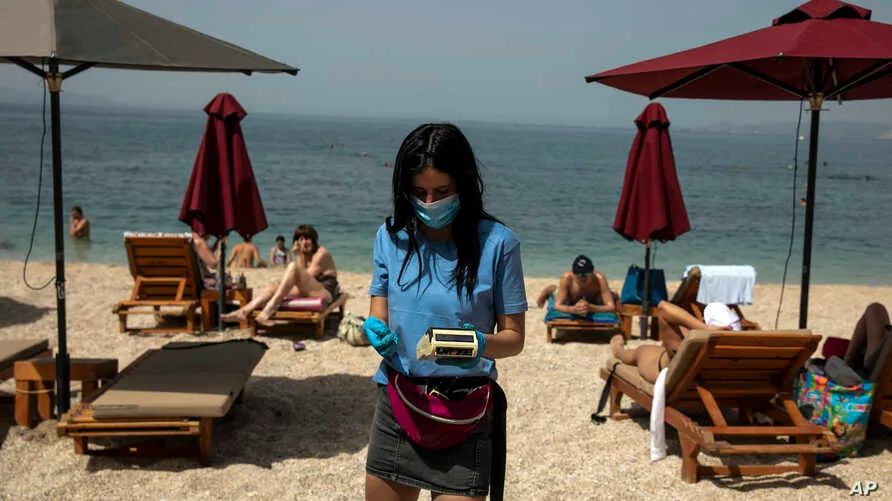
The leaders of Australia and New Zealand agreed during a videoconference last week to restart air travel between their countries soon.

In order to help you reach the latest update on the global pandemic situation, HACOS has set a quick link on the menu of our WeChat page. Follow us, you can check it whenever you want!
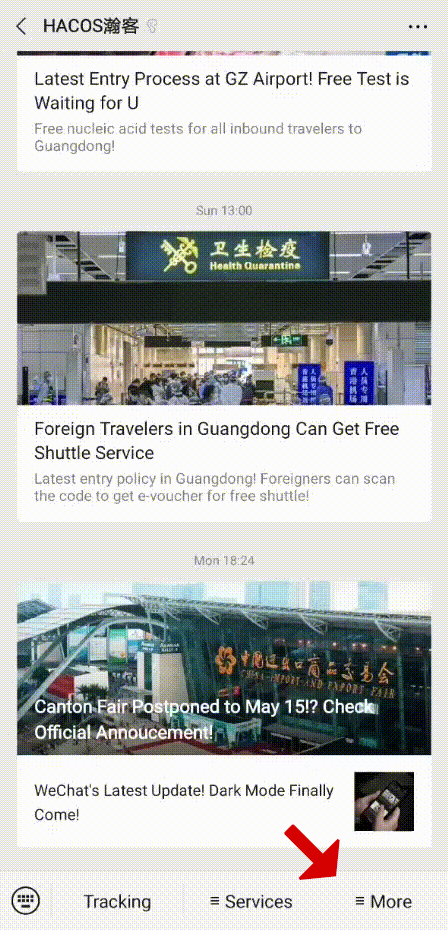
Share to let your friends know!
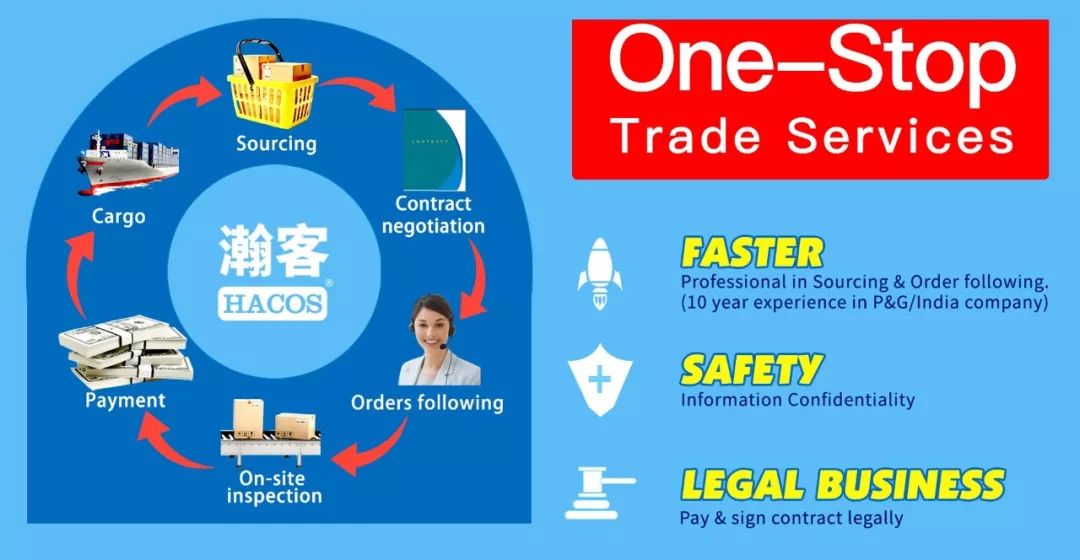
SOURCE | Global Times / Nikkei
